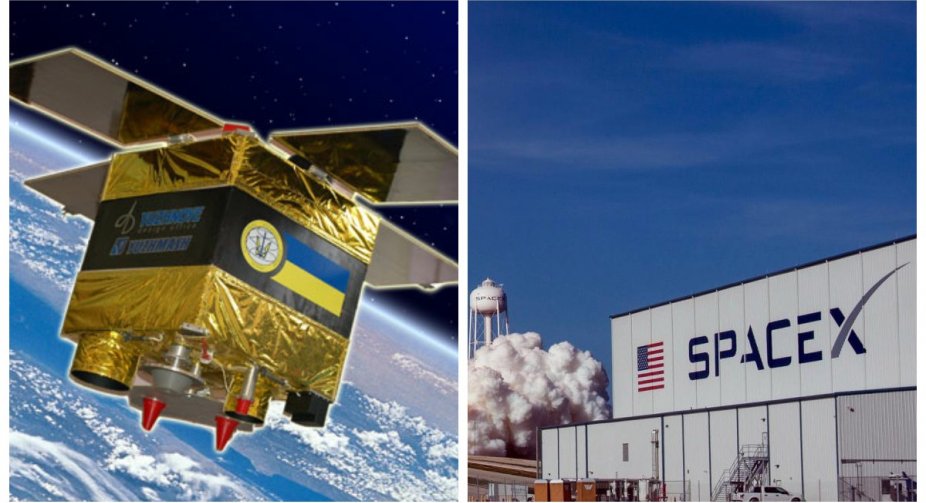The Ukrainian nanosatellite PolyITAN-HP-30 will be launched into Earth's orbit in the United States, the Ministry of Education and Culture reported.
"On January 3, 2023, another Ukrainian nanosatellite, PolyITAN-HP-30, created for the 30th anniversary of Ukraine's independence, will be launched into Earth's orbit using the SpaceX Falcon-9 launch vehicle from Cape Canaveral, the United States of America," says the messages
The launch of the launch vehicle should take place at 16:56 Kyiv time.
The PolyITAN-HP-30 nanosatellite was created by scientists of the National Technical University of Ukraine "Ihor Sikorskyi Kyiv Polytechnic Institute" exclusively with budget funds, the MES notes.
After launching into the planned orbit, the nanosatellite will ensure the implementation of a scientific experiment on the study of the effectiveness of heat pipes (heat pipes) of various designs as the main element of the thermal stabilization systems of space vehicles, the agency expects.
